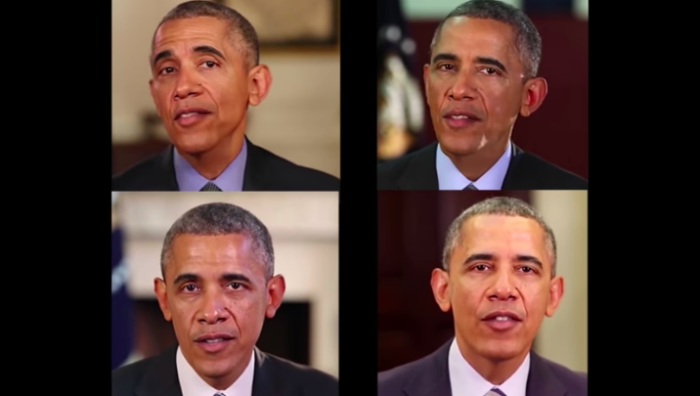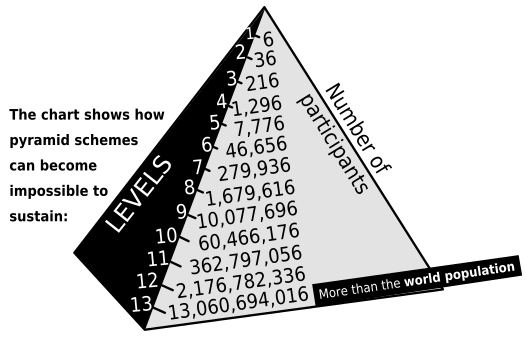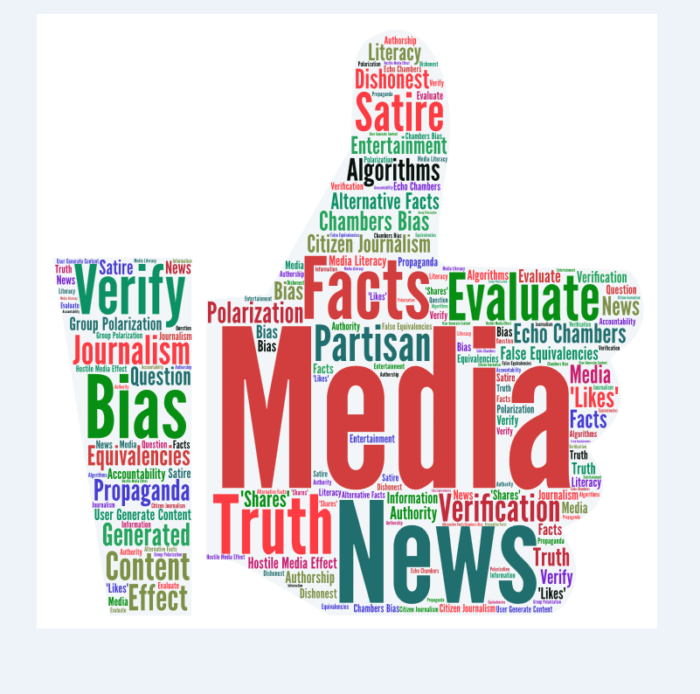Sep 23 2019
Outrage, Bias, and the Instability of Truth
 One experience I have had many times is with colleagues or friends who are not aware of the problem of pseudoscience in medicine. At first they are in relative denial – “it can’t be that bad.” “Homeopathy cannot possibly be that dumb!” Once I have had an opportunity to explain it to them sufficiently and they see the evidence for themselves, they go from denial to outrage. They seem to go from one extreme to the other, thinking pseudoscience is hopelessly rampant, and even feeling nihilistic.
One experience I have had many times is with colleagues or friends who are not aware of the problem of pseudoscience in medicine. At first they are in relative denial – “it can’t be that bad.” “Homeopathy cannot possibly be that dumb!” Once I have had an opportunity to explain it to them sufficiently and they see the evidence for themselves, they go from denial to outrage. They seem to go from one extreme to the other, thinking pseudoscience is hopelessly rampant, and even feeling nihilistic.
This general phenomenon is not limited to medical pseudoscience, and I think it applies broadly. We may be unaware of a problem, but once we learn to recognize it we see it everywhere. Confirmation bias kicks in, and we initially overapply the lessons we recently learned.
I have this problem when I give skeptical lectures. I can spend an hour discussing publication bias, researcher bias, p-hacking, the statistics about error in scientific publications, and all the problems with scientific journals. At first I was a little surprised at the questions I would get, expressing overall nihilism toward science in general. I inadvertently gave the wrong impression by failing to properly balance the lecture. These are all challenges to good science, but good science can and does get done. It’s just harder than many people think.
This relates to Aristotle’s philosophy of the mean – virtue is often a balance between two extreme vices. Similarly, I find there is often a nuanced position on many topics balanced precariously between two extremes. We can neither trust science and scientists explicitly, nor should we dismiss all of science as hopelessly biased and flawed. Freedom of speech is critical for democracy, but that does not mean freedom from the consequences of your speech, or that everyone has a right to any venue they choose.
A recent Guardian article about our current post-truth world reminded me of this philosophy of the mean. To a certain extent, society has gone from one extreme to the other when it comes to facts, expertise, and trusting authoritative sources. This is a massive oversimplification, and of course there have always been people everywhere along this spectrum. But there does seem to have been a shift. In the pre-social media age most people obtained their news from mainstream sources that were curated and edited. Talking head experts were basically trusted, and at least the broad center had a source of shared facts from which to debate.

 I’m not a fan of the Star Trek movies reboot. While I do like the cast, and as a Trek fan I have some level of enjoyment of anything in the franchise, the movies were disappointing. As is usually the case with big budget movie failures, the problem was in the writing. Case in point – red matter. This is a mysterious substance invented by Vulcans in the future, a single drop of which could produce a singularity. It appears as a blob of red liquid. In the end it was a silly physics-breaking plot device that took you out of the movie.
I’m not a fan of the Star Trek movies reboot. While I do like the cast, and as a Trek fan I have some level of enjoyment of anything in the franchise, the movies were disappointing. As is usually the case with big budget movie failures, the problem was in the writing. Case in point – red matter. This is a mysterious substance invented by Vulcans in the future, a single drop of which could produce a singularity. It appears as a blob of red liquid. In the end it was a silly physics-breaking plot device that took you out of the movie. This was highly predictable. Of course there are conspiracies surrounding the apparent recent suicide of Jeffrey Epstein while in prison. That’s just background noise now. There are conspiracies about everything. Apparently the two shootings last weekend were false flag operations, because #conspiracies.
This was highly predictable. Of course there are conspiracies surrounding the apparent recent suicide of Jeffrey Epstein while in prison. That’s just background noise now. There are conspiracies about everything. Apparently the two shootings last weekend were false flag operations, because #conspiracies. You have probably heard of deepfakes by now – convincing video manipulation that is improving rapidly, getting better and easier. Right now you can often tell when a video has been manipulated. The human eye is very sensitive to movement, facial expressions, and other subtle cues. But the best examples are getting more difficult,
You have probably heard of deepfakes by now – convincing video manipulation that is improving rapidly, getting better and easier. Right now you can often tell when a video has been manipulated. The human eye is very sensitive to movement, facial expressions, and other subtle cues. But the best examples are getting more difficult,  Multi-Level Marketing (MLM) companies are inherently, in my opinion, exploitative. The MLM model is that the sales force is hierarchical – you are hired by someone who takes a cut of what you earn. You, in turn, can make money by recruiting your own sellers, who each pay you a cut of what they earn, and what everyone below them earns. In other words – it’s a pyramid scheme.
Multi-Level Marketing (MLM) companies are inherently, in my opinion, exploitative. The MLM model is that the sales force is hierarchical – you are hired by someone who takes a cut of what you earn. You, in turn, can make money by recruiting your own sellers, who each pay you a cut of what they earn, and what everyone below them earns. In other words – it’s a pyramid scheme.
 This week we will have the first primary debates of the presidential cycle, with two Democratic debates of the top 20 candidates (10 each night).
This week we will have the first primary debates of the presidential cycle, with two Democratic debates of the top 20 candidates (10 each night).  Oh boy. I probably shouldn’t do this, but my “someone is wrong on the internet” instincts are overwhelming me. Tucker Carlson
Oh boy. I probably shouldn’t do this, but my “someone is wrong on the internet” instincts are overwhelming me. Tucker Carlson  Like many activist skeptics I have spoken to, on several occasions I have been summoned to jury duty, which was a short-lived experience. On voir dire I was asked what I do and the fact that I host a skeptical podcast came up. This lead to my almost instantaneous dismissal. Lawyers, apparently, don’t want a skeptical jury. They want jurors they can manipulate. Likewise, politicians often appreciate a pliable electorate, willing to internalize whatever slogan or propaganda they feed them. Democracy, however, functions best when citizens are informed and can think critically about the information politicians and their government are feeding them.
Like many activist skeptics I have spoken to, on several occasions I have been summoned to jury duty, which was a short-lived experience. On voir dire I was asked what I do and the fact that I host a skeptical podcast came up. This lead to my almost instantaneous dismissal. Lawyers, apparently, don’t want a skeptical jury. They want jurors they can manipulate. Likewise, politicians often appreciate a pliable electorate, willing to internalize whatever slogan or propaganda they feed them. Democracy, however, functions best when citizens are informed and can think critically about the information politicians and their government are feeding them. <Warning – spoilers galore if you are not up to date>
<Warning – spoilers galore if you are not up to date>




